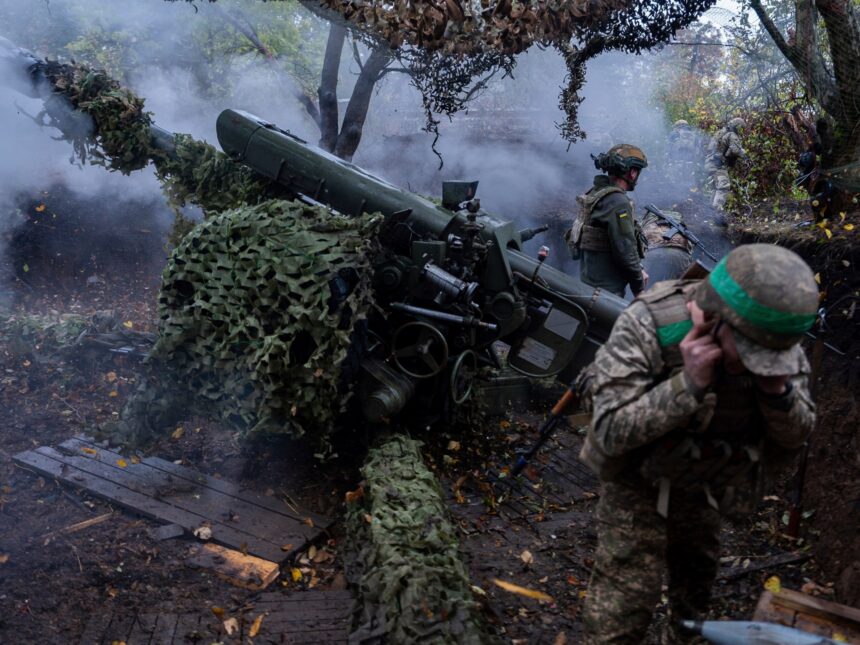In the latest developments on Wednesday, October 23, 2024:
Military
Ukrainian President Volodymyr Zelenskyy has urged allies to acknowledge North Korea’s involvement in the conflict with Russia, as Kyiv claims to have information about two North Korean units, consisting of up to 12,000 troops, preparing to join the war. The Ukrainian Intelligence Directorate has revealed that these forces are expected to arrive in Russia’s Kursk region, where Ukrainian forces initiated an incursion back in August. Meanwhile, Ukrainian Prosecutor General Andriy Kostin has stepped down amidst a scandal involving officials accused of abusing their positions to avoid military service.
Finances
The Kremlin has expressed hopes for enhanced financial cooperation with BRICS members, highlighting their significant global population and economic contributions. Estonian Prime Minister Kristen Michal has called for NATO to increase defense spending to at least 2.5 percent of GDP by 2025, citing the changing security landscape. The European Parliament has voted to utilize frozen Russian assets to provide Ukraine with a substantial loan, overcoming the final legislative hurdle. Moscow has criticized the EU for holding onto frozen Russian funds under sanctions, labeling it as a global economic offense. At the same time, US Treasury Secretary Janet Yellen has announced plans for the US to contribute $20 billion to a $50 billion G7 loan package for Ukraine, potentially implementing new sanctions on Russian weapon procurement.
Diplomacy
Indian Prime Minister Narendra Modi has expressed his desire for peace in Ukraine to Russian President Vladimir Putin, offering assistance in achieving a ceasefire. UK Prime Minister Keir Starmer has accused Putin of harming vulnerable populations through attacks on food supply ships, causing delays in reaching critical supplies for Palestinians and other vulnerable regions. Additionally, Poland has decided to close the Russian consulate in Poznan and expel its staff following revelations of Russian secret service recruitment for arson attacks in the EU and US.
These events reflect the ongoing complexities of the geopolitical landscape and the various challenges faced by nations in navigating diplomatic and military affairs.










